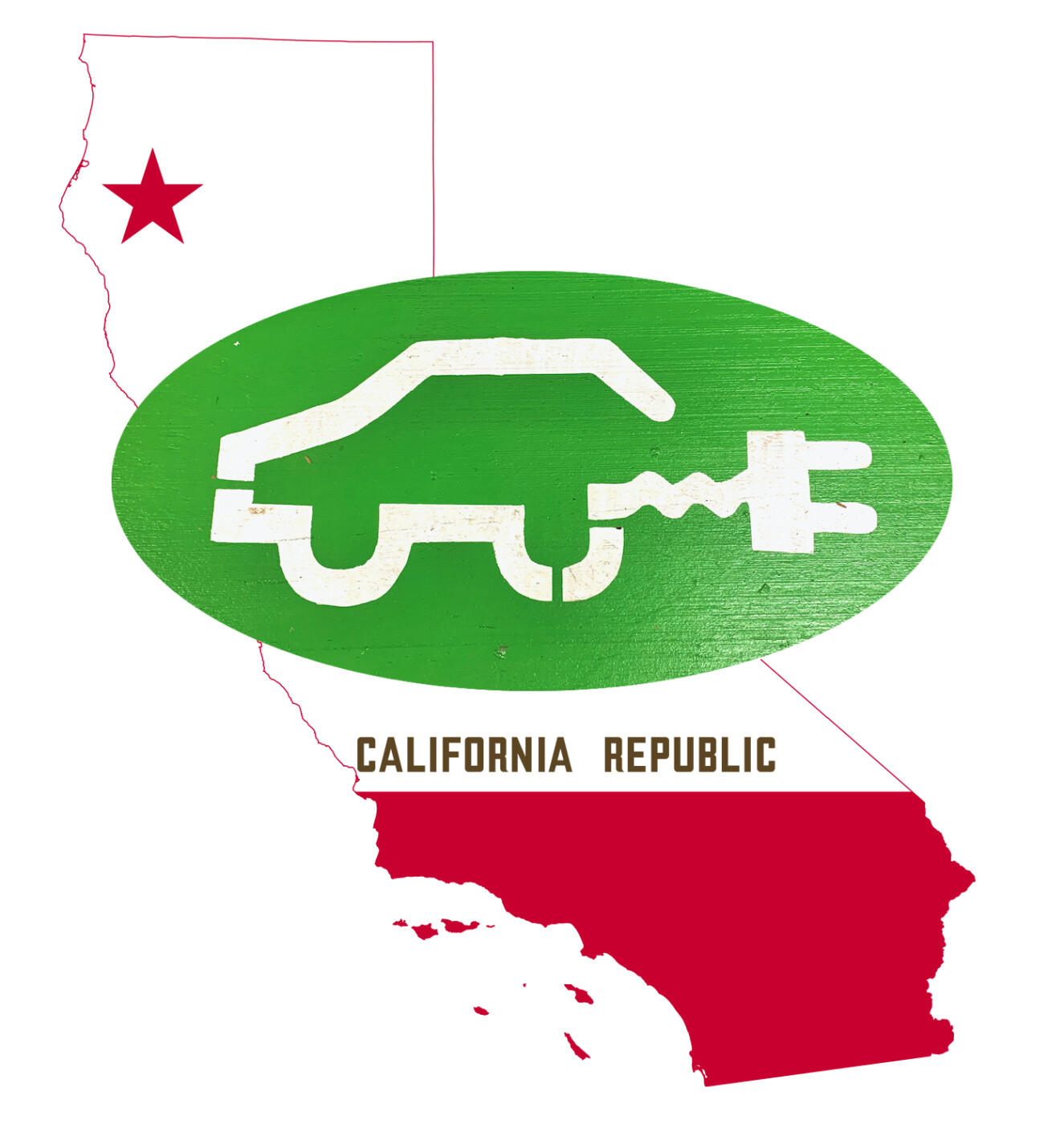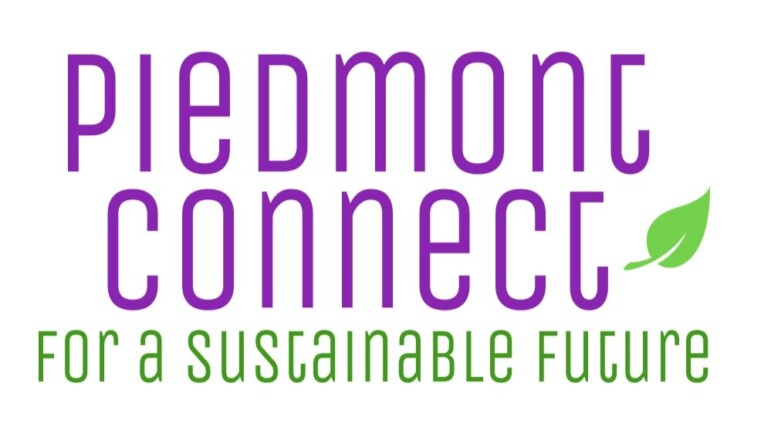Dr. Daniel Sperling, the Distinguished Blue Planet Prize Professor of Civil Engineering and Environmental Science and Policy, and founding Director of the Institute of Transportation Studies at the University of California, Davis (ITS-Davis), joined the League of Women Voters of Piedmont to talk about the importance of Electric Vehicles (EVs) for carbon-pollution reduction in California and globally.
Sperling described renewable electricity generation and EV usage as the #1 and #2 solutions to climate damage. The shift to EVs is already underway with EVs representing 13% of passenger car sales worldwide in 2022. China and the E.U. lead EV passenger sales with approximately 54% and 29% of global unit sales respectively. The U.S. is a distant 3rd place with less than 12% of passenger EV unit sales. Among U.S. states, California is a front-runner in the transition to EVs. Currently, 20% of California’s passenger car sales are EVs. This is good news for our local air quality and public health.
Keeping California in the vanguard of climate leadership in the transportation sector, for the past 16 years Sperling has held the Transportation seat on the California Air Resources Board (CARB), which adopted its first EV rules in 1990. EV adoption is scheduled to accelerate in California with CARB regulations mandating that EVs reach 33% of passenger car sales by 2026, 66% by 2030 and 100% by 2035. New buses will have to be 100% ZEV (Zero-Emission Vehicles) by 2029 and even new long-haul trucks will be ZEV by 2035. Enabling this rapid transition has been the precipitous decline in battery prices which have decreased 90% in real dollars, from approximately $1,200/kWh in 2010 to roughly $100/kWh today.
Sperling acknowledged certain challenges: the pace of EV adoption including fluctuations in battery costs, lags in domestic battery materials supplies, processing, and manufacturing, and slower development of public charging infrastructure, especially to support long-haul road transportation. Ultimately, with historical precedent as a guide, he is convinced that public and private investment will generate market solutions to surmount these hurdles.
In addition to EVs, Sperling discussed the benefits of, and use-case scenarios for, hydrogen fuel-cell vehicles. He said that hydrogen fuel cells are likely to be important for larger vehicles such as buses and long-haul transportation needs, or for people living in very cold climates who have very long daily commutes.
Closing the event with questions from the audience, Sperling responded to a query about housing policy and public transit as means of reducing vehicle-miles-traveled, emphasizing that vehicle use reduction is a winning strategy worthy of public investment. To illustrate this point, he cited the example of his home city of Davis, CA where urban planners and city leaders gradually built-up a network of safe bike paths which is widely used by riders of all ages. In fact, he says, bikes now account for 30-40% of work trips in Davis. In addition to developing safe biking infrastructure, especially to connect the “last mile” of homes and businesses to public transit, Dr. Sperling perceives shared, autonomous transportation-on-demand as a promising solution for reducing vehicle-use and for providing convenient and affordable public transportation using larger cars or vans. He notes 3 companies who are currently testing this technology on a limited basis in the Bay Area.
Additional question topics included energy and material sources for EVs, using EVs as storage for the electric grid, and EV recommendations. To learn more details about the topic, watch a recording of this event on the League of Women Voters of Piedmont’s YouTube channel. To watch recordings of all five events in the series, visit our Climate Speaker Series playlist.
The final event for the Series will be held on Wed. April 5th, 4-5 p.m. PT when Stanford University professor, Dr. Mark Jacobson, will cover renewable energy and storage. Learn more about that event and register to attend here. Piedmont Connect and the League look forward to welcoming members of the public to this free, educational Zoom event. Learn more and register HERE.
This presentation was the penultimate in the six-part 2022-23 Climate Speaker Series by Piedmont Connect and the League of Women Voters of Piedmont. This event was cosponsored by the Leagues of Women Voters of Solano County, CA and Portland, OR.


